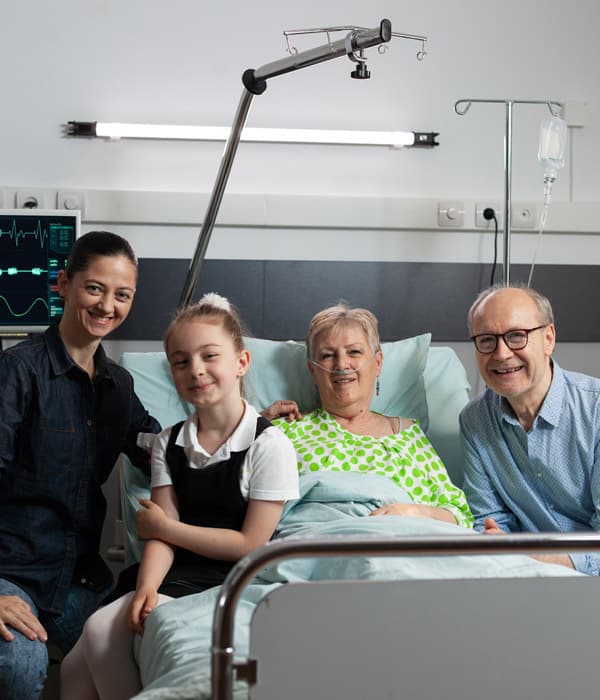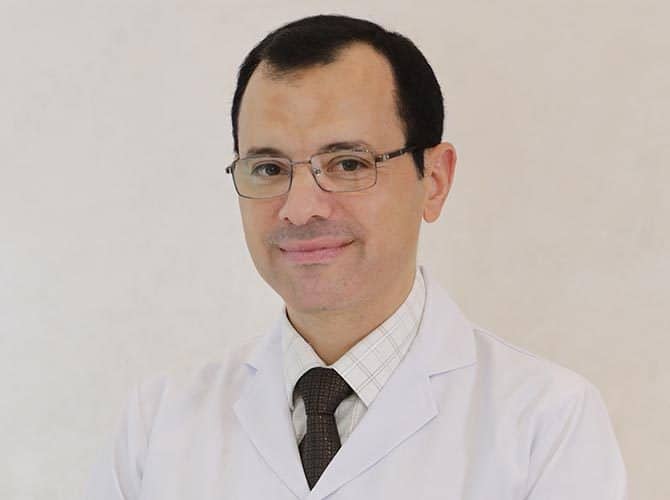Sudden Cardiac Arrest Prevention & Family Screening
Sudden Cardiac Arrest Prevention & Family Screening
Evaluating High-Risk Families and Offering Preventive Care Where Needed

At KidsHeart Medical Center, we provide focused screening and preventive care for individuals and families at increased risk of sudden cardiac arrest (SCA).
SCA can occur without warning — often in young, seemingly healthy adults — due to inherited or undiagnosed heart conditions.
Our goal is to detect these risks early, offer clear testing strategies, and provide the medical guidance families need to stay safe and informed.
This preventive service is part of our Adult Cardiology Program and is available in Dubai, Abu Dhabi, and Al Ain.

What Is Sudden Cardiac Arrest — and Who Is at Risk?
Sudden cardiac arrest happens when the heart unexpectedly stops beating due to a severe electrical malfunction. It’s not the same as a heart attack, which is caused by a blocked artery. SCA is most often caused by:
- Inherited arrhythmias (e.g., Long QT Syndrome, Brugada Syndrome)
- Structural abnormalities (e.g., hypertrophic cardiomyopathy)
- Cardiac channelopathies or other genetic mutations
- Undiagnosed cardiomyopathies in otherwise healthy adults
- Post-viral inflammation, especially after myocarditis
People with a family history of sudden unexplained death, fainting, or known heart conditions may carry similar risks, often without symptoms.
When Should You Consider Family Screening?
Screening is recommended for individuals or families with:
- A first-degree relative (parent, sibling, child) who died suddenly before age 50
- A personal history of unexplained fainting, especially during exercise or stress
- Known diagnoses of hypertrophic cardiomyopathy, arrhythmogenic disorders, or channelopathies
- Palpitations, abnormal ECG findings, or early cardiac arrest with revival
- Athletic individuals with sudden collapse or family heart concerns
- Inherited syndromes (e.g., Marfan syndrome) linked to cardiovascular complications
Even if you’ve never had symptoms, early evaluation offers life-saving insight.
What to Expect From Our Program
Our screening process begins with a detailed personal and family history review. Depending on findings, we may recommend:
- Electrocardiogram (ECG) to assess heart rhythm and repolarization patterns
- Echocardiography to evaluate for structural abnormalities or muscle thickening
- Holter or event monitoring for intermittent symptoms or silent arrhythmias
- Exercise stress testing if symptoms or risks are exertion-related
- Cardiac MRI for more detailed imaging in suspected cardiomyopathies
- Genetic counseling and testing for families with inherited syndromes
We also provide activity clearance guidance for sports and physical exertion, where relevant.
Why Choose KidsHeart?
- Cardiologists experienced in inherited arrhythmias and structural risk
- Access to comprehensive diagnostic tools under one roof
- Family-focused education and coordination of multi-member screening
- Guidance on AED access, emergency planning, and safe activity levels
- Locations in Dubai, Abu Dhabi, and Al Ain — for consistent care across generations
We understand the emotional weight of family history and respond with clarity, compassion, and medically sound plans.



Prevention Starts With Awareness. Protection Starts With Action.
At KidsHeart, we help families at risk for sudden cardiac arrest find answers — and take steps toward long-term safety and peace of mind.
Frequently Asked Questions (FAQs)
A heart attack is a circulation issue; SCA is electrical. It causes immediate collapse due to abnormal rhythm — and needs immediate action.
Yes. Many arrhythmia or cardiomyopathy conditions remain silent until triggered — often by stress, fever, or exertion.
Yes. We often evaluate entire families once a risk is identified — including teens and younger adults.
Possibly. Fainting, especially during exertion or without warning, may warrant thorough cardiac evaluation.
We guide treatment from start to finish — including medications, device planning (like ICDs), and genetic follow-up if needed.
